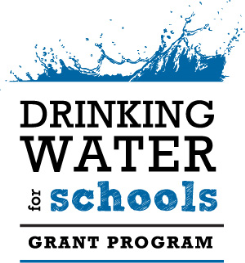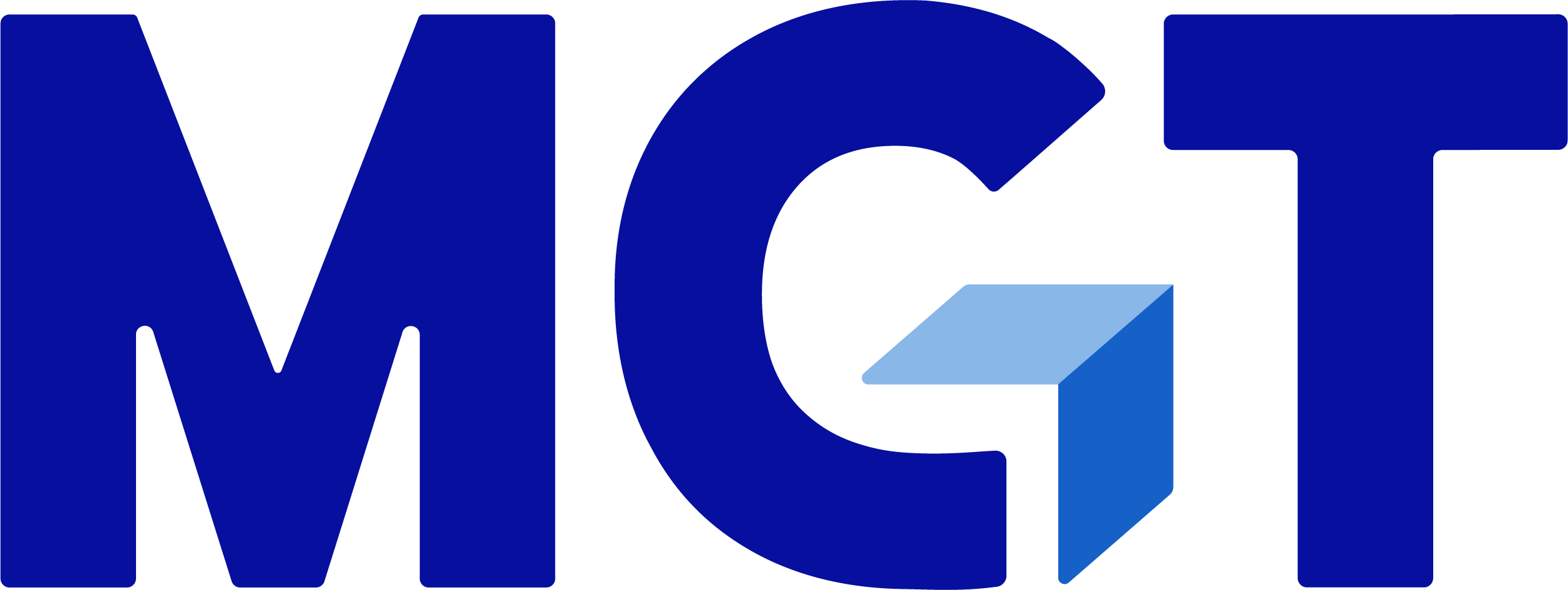 New Program to Address Water Quality and Access in Schools.
New Program to Address Water Quality and Access in Schools.
The State Water Resources Control Board is now accepting applications for $9.5 million in grant funding for projects that improve drinking water quality and access on public school campuses in disadvantaged communities.
The Drinking Water for Schools Grant Program will support new or replacement water bottle filling stations or drinking water fountains, new point-of-entry or point-of-use water treatment devices, and the replacement or repair of drinking water and plumbing fixtures to address lead contamination. The new program also covers the purchase of bottled or hauled water as an interim solution while a permanent fix to a drinking water issue is being implemented.
As part of Senate Bill 828, the grant program will provide funding to K-12 schools, and preschool and day care facilities on public school property.
The minimum grant amount is $25,000 with a cap of $100,000 per school. For an applicant with multiple schools the maximum grant award is $1 million. Along with the $9.5 million available for projects, $500,000 has been awarded to the Rural Community Assistance Corporation to provide technical assistance to qualified candidates to help them submit applications, inspect projects, and conduct operations and maintenance.
Until June 2018 only projects serving small, disadvantaged communities will be awarded grant money, with larger disadvantaged communities being eligible to apply after June 2018. A small disadvantaged community is defined as a municipality, school district, or school service area with a population of 20,000 or less with an annual median household income that is less than 80 percent of the statewide median household income.
The funding will be awarded on a continuous basis until it runs out or until June 30, 2019,
whichever comes first.
Ineligible projects for the Drinking Water for Schools Program include: drilling new wells or repairing or rehabilitating existing wells, connecting to a public water system or other new water source, and demonstration or pilot programs.
For more information see the program webpage by clicking here…


